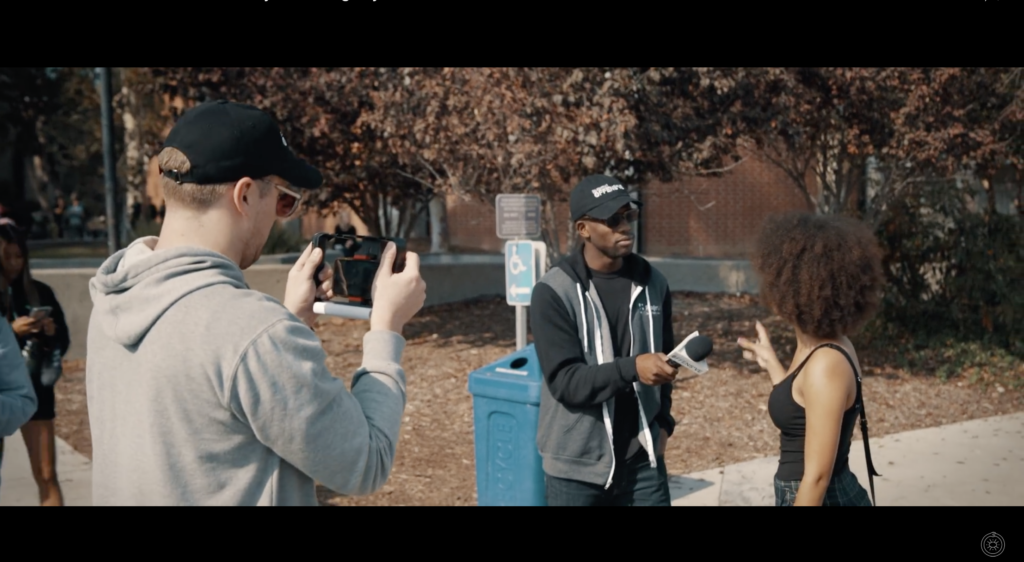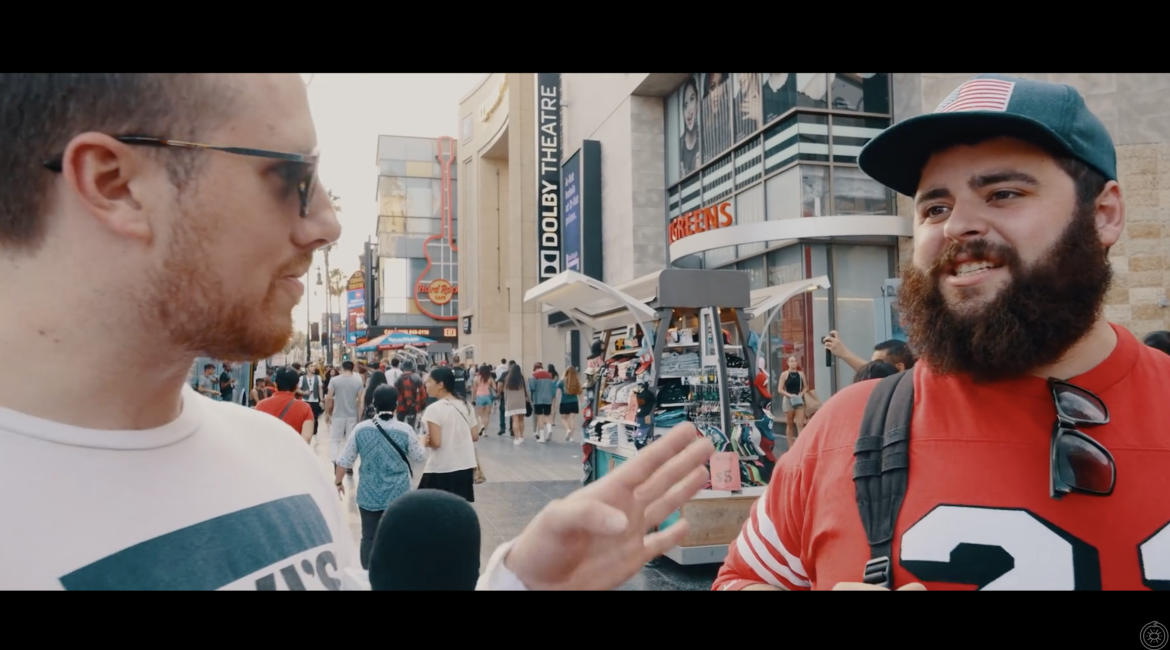The women’s marches in 2017 and 2018 are two of the largest recorded protests in U.S. history, overtaking any previous protest, even those organized for Civil rights and LGBT issues. What was particularly interesting about these two huge demonstrations was that there was a strong focus on moral behaviour – which is typically not a political position. Religious institutions, like the church, have traditionally assumed these grounds of moral authority, but as seen with these past demonstrations, the church doesn’t have a monopoly on determining what is right and wrong anymore. There has been a dramatic shift in the roles traditionally owned by the political sphere and the spiritual.
The nature of politics is shifting, it’s moving further and further away from where it conventionally operated into newer territory, meaning new experiences and a heightened sense of adventure. Since the beginning of 2017 to mid-2018 an estimated 10 to 15 million people turned out to rallies in the United States, that’s more than any other time in American history. It’s hard to deny the staggering level of engagement politics has garnered in the mainstream, and this is probably due to the number of changes that are occurring which coincide with a new wave of political activism. With all of these given factors, politics has become a very adventurous topic – and with the combination of moral authority and a platform to express those ideas, politics has become the new religion, openly competing Christianity.

It appears that Christianity no longer has the same appeal that it once had, especially for the younger generations in adolescence or moving from late adolescence into adulthood. In these transitional phases, a huge amount of individual experimentation takes place, the human perspective shifts from theoretical (taught and learned) to application (practised and tested). It makes sense then, why adventure is a major drawcard for people in these stages of cognitive development. Christianity just doesn’t provide a strong enough call to adventure comparatively, it’s lacking key factors that people gravitate towards, such as; risk, reward, charismatic leadership, popularity, and so on. As more people gravitate towards foundations of political ideology they begin to look towards politics and politicians as their moral arbiters, deciding right from wrong, good from evil.
Christianity obviously has a structured opinion on moral codes and practices whereas political ideology is more fluid and ever-changing allowing for more social experimentation, which can be dangerous when left to individual interpretation. The psychologist Jean Piaget in his research of cognitive development identified how idealism manifests in adolescents. During adolescence, individuals learn abstract and formal operational thinking which allows them to distinguish present reality from future reality resulting in a higher understanding of moral reasoning. Yet due to the egocentric nature of the adolescent stage, individuals can become incredibly idealistic with some even adopting a messianic complex for a period of time. They see themselves as a champion of higher morality with the belief that their actions can actually reform the world. Which might help to explain the huge turnouts to rallies in the United States. Piaget criticized the adolescent idealism suggesting that the idealistic think that through the expression of high morals one can attain them without having to do the hard work of actually putting those beliefs into practice.

With the union of morality and political ideology, it’s no surprise that young idealistic individuals are attracted to what’s being offered, that being, moral fulfilment. Where one can actively (or passively) fight for what they believe, championing their high morality while finding a sense of belonging through their active engagement. The church, on the other hand, has lost its monopoly on moral fulfilment, for whatever reason, people are no longer looking to the church to answer those questions and fill those needs. Instead, they are finding meaning and purpose elsewhere, like in politics where there is a huge supply of moral fulfilment and adventure to be had.

